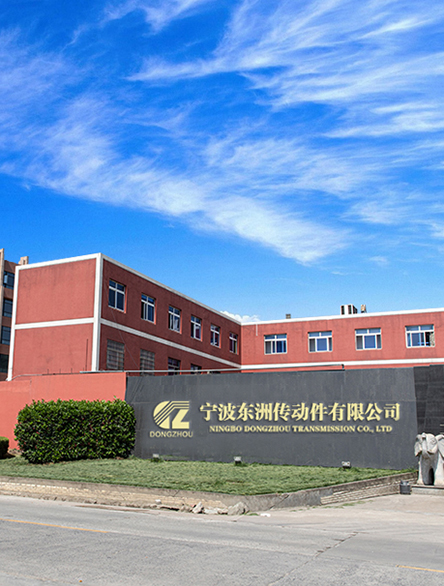Plastic parts refer to components or products that are made from plastic materials through various manufacturing processes. Plastic is a versatile and widely used material in many industries due to its durability, lightweight nature, moldability, and cost-effectiveness. Plastic parts can be found in a wide range of applications, including consumer goods, automotive, electronics, medical devices, packaging, and more.
Here are some key aspects of plastic parts:
Material:
Plastic parts are made from different types of polymers, which are synthetic materials composed of long chains of molecules. Common plastic materials include polyethylene (PE), polypropylene (PP), polyvinyl chloride (PVC), acrylonitrile butadiene styrene (ABS), polycarbonate (PC), and many others. Each type of plastic has unique properties, such as strength, flexibility, heat resistance, chemical resistance, and transparency.
Manufacturing Processes: Plastic parts can be manufactured using various processes, depending on the complexity, size, and desired characteristics of the parts. Common manufacturing methods include injection molding, blow molding, extrusion, thermoforming, rotational molding, and compression molding. These processes involve heating the plastic material, shaping it using molds or dies, and allowing it to cool and solidify into the desired form.
Design Flexibility: Plastic parts offer great design flexibility due to the moldability of the material. They can be molded into intricate shapes, including thin walls, complex geometries, and fine details. This allows for customization and the creation of parts with specific functional requirements or aesthetic features.
Lightweight and Durable: Plastic parts are lightweight compared to many other materials, such as metal. This makes them suitable for applications where weight reduction is desired, such as in automotive or aerospace industries. Despite being lightweight, plastic parts can still offer durability and strength, depending on the type of plastic and the design considerations.
Cost-Effectiveness:
Plastic parts often provide a cost-effective solution compared to other materials. Plastic manufacturing processes, such as injection molding, allow for high-volume production with reduced labor costs. The material itself is generally less expensive than metals or other materials, making plastic parts a cost-effective choice for many applications.
Versatility:
Plastic parts are used in a wide range of industries and applications due to their versatility. They can be found in everyday items such as packaging containers, household appliances, toys, and furniture. They are also extensively used in automotive components, electronic enclosures, medical devices, construction materials, and more.
Surface Finishing and Treatments: Plastic parts can undergo various surface finishing techniques and treatments to enhance their appearance, functionality, or performance. This can include processes such as painting, printing, texturing, plating, or applying protective coatings to improve aesthetics, provide chemical resistance, increase durability, or add specific surface properties.
Recycling and Environmental Considerations: Plastic parts can be recycled to reduce environmental impact. Many plastic materials are recyclable, and recycling efforts are increasing worldwide. Design considerations, such as using recyclable plastics or designing for disassembly, can contribute to sustainable practices and the circular economy.
Plastic parts play a vital role in modern manufacturing due to their versatility, lightweight nature, durability, and cost-effectiveness. They offer design flexibility, customization options, and a wide range of applications across various industries. Advances in plastic technology continue to expand the possibilities for plastic parts, making them an integral part of many products we encounter in our daily lives.
